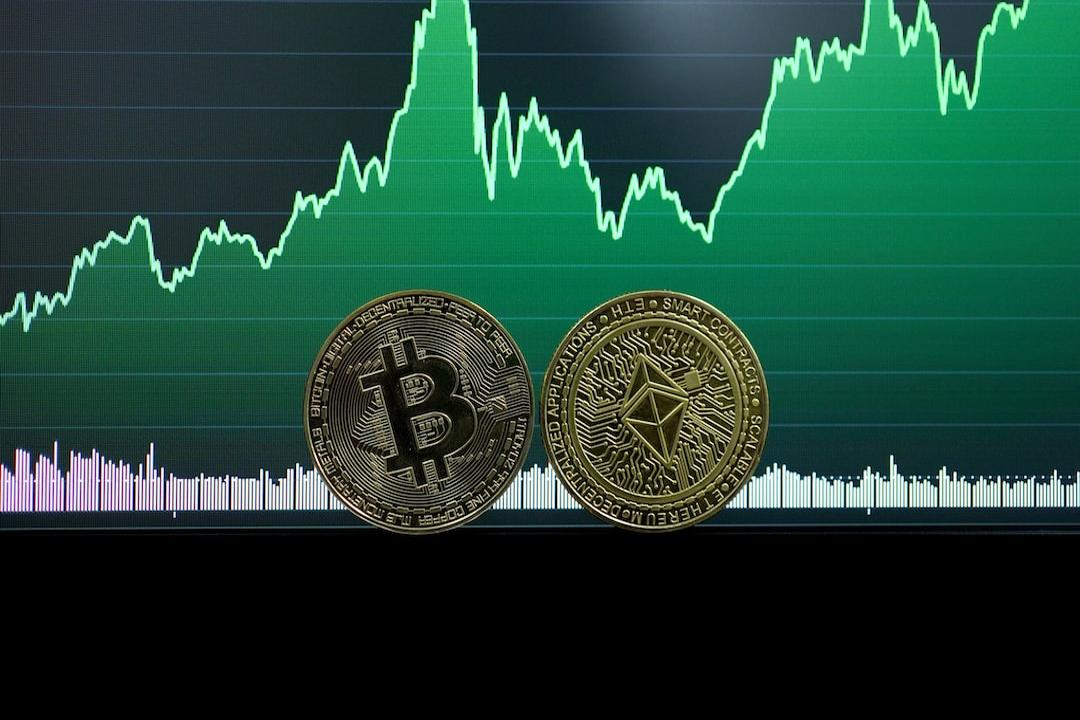Despite China’s comprehensive ban on cryptocurrency trading and mining since 2021, Chinese individuals and financial institutions are still seeking ways to participate in the cryptocurrency market through Hong Kong, as it presents greater growth potential compared to the Chinese stock market.
According to the Wall Street Journal, despite the ban, cryptocurrency trading remains widespread in China through various channels such as VPNs, WeChat, and offline face-to-face transactions.
Facing the growing interest of retail investors in the cryptocurrency market, many brokers and financial institutions in China have turned to Hong Kong to seek cryptocurrency business opportunities. This shift is mainly due to the greater growth potential of the cryptocurrency market compared to the currently sluggish Chinese stock market.
According to a report by Reuters, Shanghai financial executive Dylan Run began redirecting some of his funds to cryptocurrencies in early 2023, realizing that the Chinese economy and stock market were declining. He used a bank card issued by a small rural commercial bank to purchase cryptocurrencies through grey market traders, with a transaction limit of 50,000 yuan ($6,978) to evade scrutiny. He considered Bitcoin to be safer than the volatile domestic stock and real estate markets, as it served as a safe haven, similar to gold.
The report also cited the example of buy-side stock analyst Charlie Wong, who invested in Bitcoin through the licensed exchange Hashkey Exchange in Hong Kong. He stated, “It’s hard to find opportunities in traditional fields. Chinese stocks and other assets are underperforming… The economy is going through a critical transformation.” Charlie believes that Chinese officials recognize the disruptive nature and huge potential of Bitcoin, and therefore support cryptocurrency trading in Hong Kong to establish a foothold in the flourishing cryptocurrency business in financial centers like Singapore and New York.
This aligns with the viewpoint of Chainalysis’ report from October last year, which stated that the existence of large over-the-counter trading markets indicates Beijing’s tolerance for cryptocurrencies, and Hong Kong may serve as a testing ground for cryptocurrencies.
The report also pointed out that after Hong Kong opened up retail trading last year, Chinese citizens transferred funds to Hong Kong cryptocurrency accounts for investment using their annual $50,000 foreign exchange purchase quota (which according to Chinese regulations can only be used for purposes such as overseas travel or education).
As retail investors flock to the cryptocurrency market, Chinese brokers and other financial institutions are also not willing to be left behind. Many of them are exploring cryptocurrency-related businesses in Hong Kong due to the lack of domestic growth opportunities. The executive of a Hong Kong-based cryptocurrency exchange stated, “Almost every day, we see Chinese investors entering the cryptocurrency market” because the sluggish Chinese economy “makes investments in the mainland full of risks, uncertainties, and disappointments, so people are seeking to allocate their assets overseas.”
It is understood that the Hong Kong subsidiaries of Chinese banks, Huaxia Fund, and Harvest Fund Management are all exploring digital asset businesses in Hong Kong.


